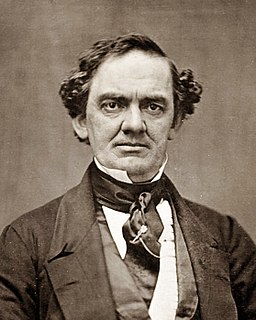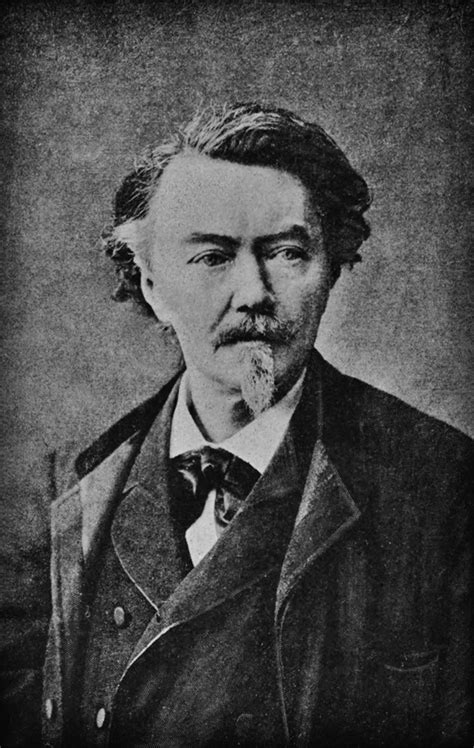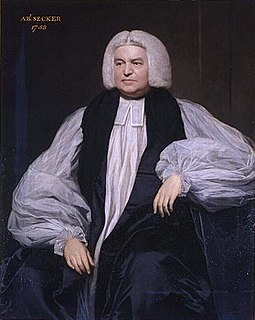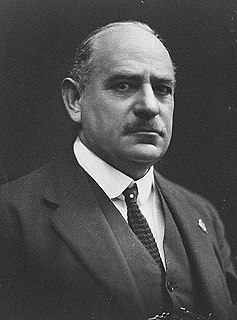A Quote by William Tyndale
Let every man of whatsoever craft or occupation he be of... serve his brethren.
Quote Topics
Related Quotes
The scriptures, for example, discredit an ancient philosophy that has come back into vogue in our day-the philosophy of Korihor that there are no absolute moral standards, that "every man prospers according to his genius, and that every man conquers according to his strength; and whatsoever a man does is no crime" and "that when a man is dead, that is the end thereof".
Let a man choose what condition he will, and let him accumulate around him all the goods and gratifications seemingly calculated to make him happy in it; if that man is left at any time without occupation or amusement, and reflects on what he is, the meagre, languid felicity of his present lot will not bear him up. He will turn necessarily to gloomy anticipations of the future; and unless his occupation calls him out of himself, he is inevitably wretched.
Whoever would entitle himself after death through the merits of his Redeemer, to the noblest of rewards, let him serve God throughout life in this most excellent of all duties, doing good to our brethren. Whoever is sensible of his offences, let him take this way especially of evidencing his repentance.
Woe to the man who is always busy - hurried in a turmoil of engagements, from occupation to occupation, and with no seasons interposed of recollection, contemplation and repose! Such a man must inevitably be gross and vulgar, and hard and indelicate - the sort of man with whom no generous spirit would desire to hold intercourse.
Brotherly love is not a tangible commodity. We cannot touch it or weigh it, smell it of taste it. Yet it is a reality; it can be creative, it can be fostered, it can be made a dynamic power. The Master who has it in his Lodge and his brethren will find that Lodge and brethren give it back to him. The Master too worried over the cares of his office to express friendliness need never wonder why his Lodge seems too cold to his effort.





































